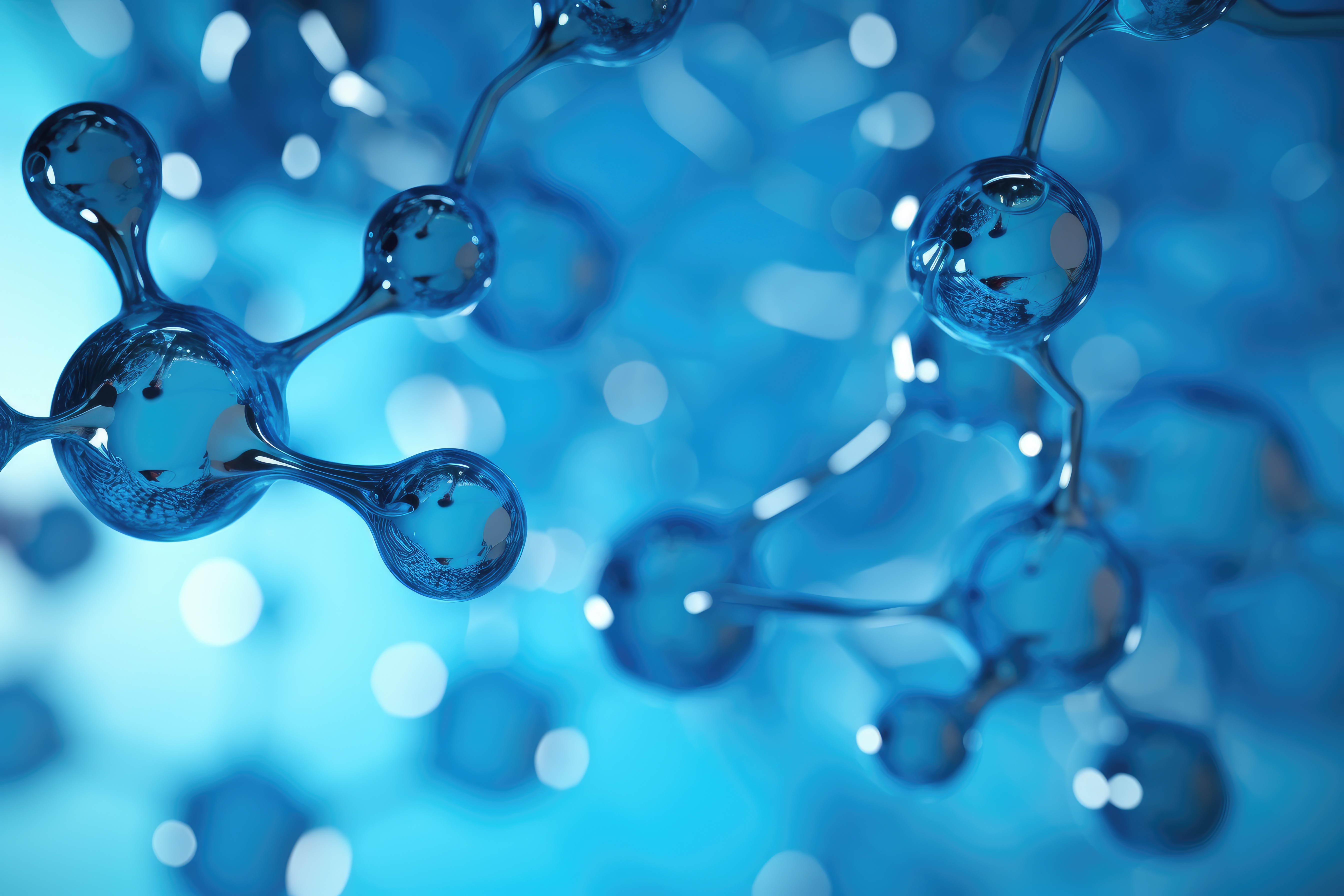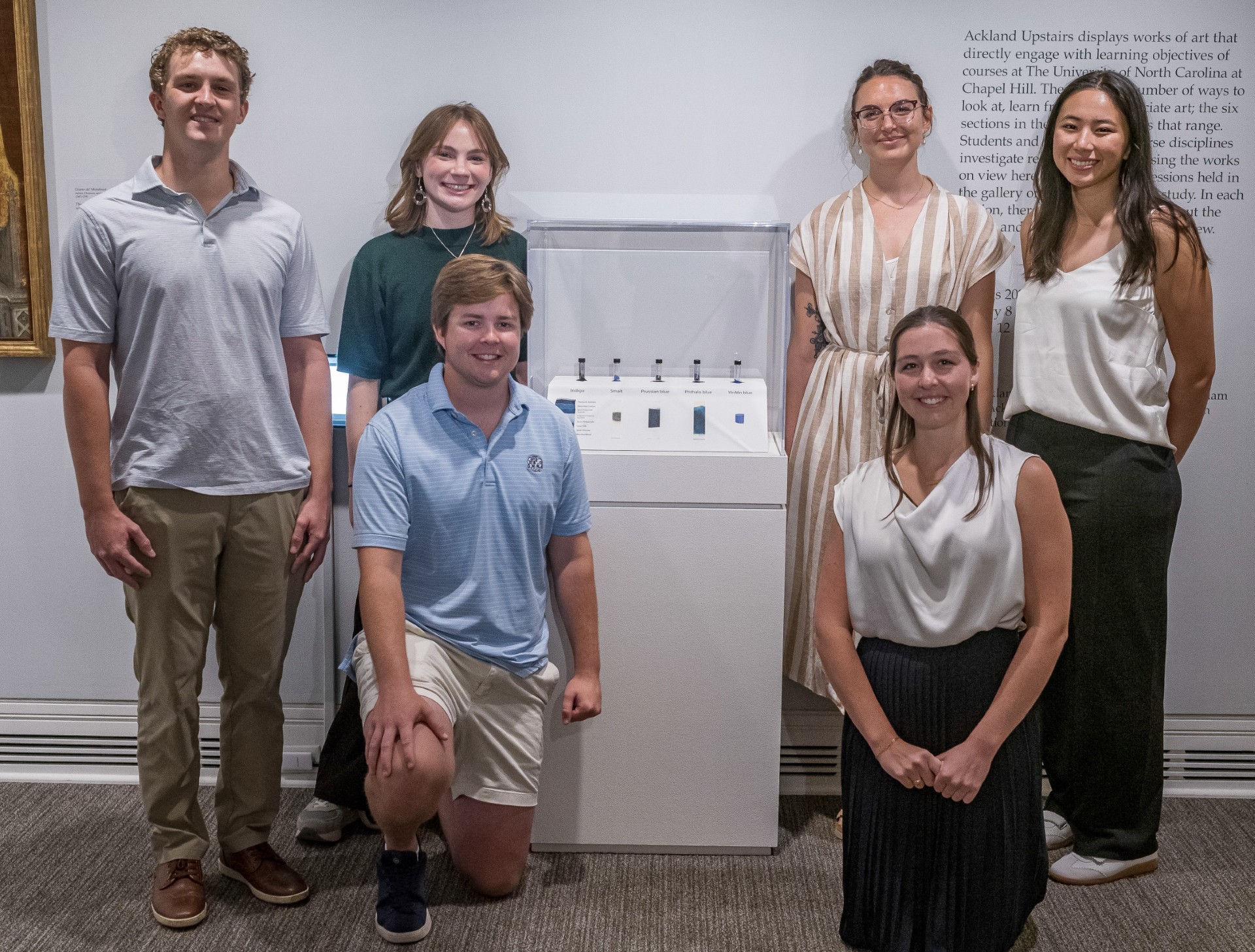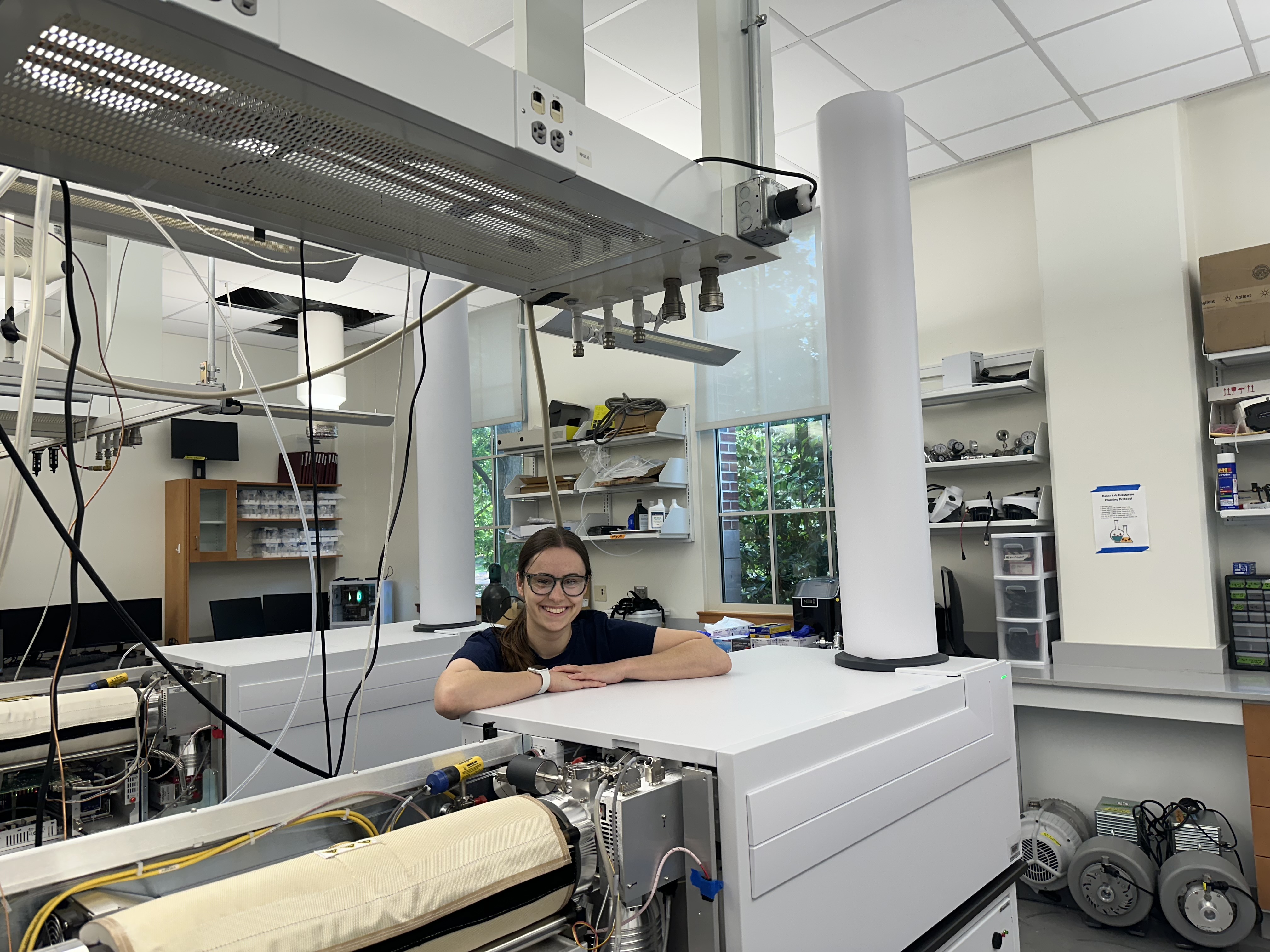News Archive
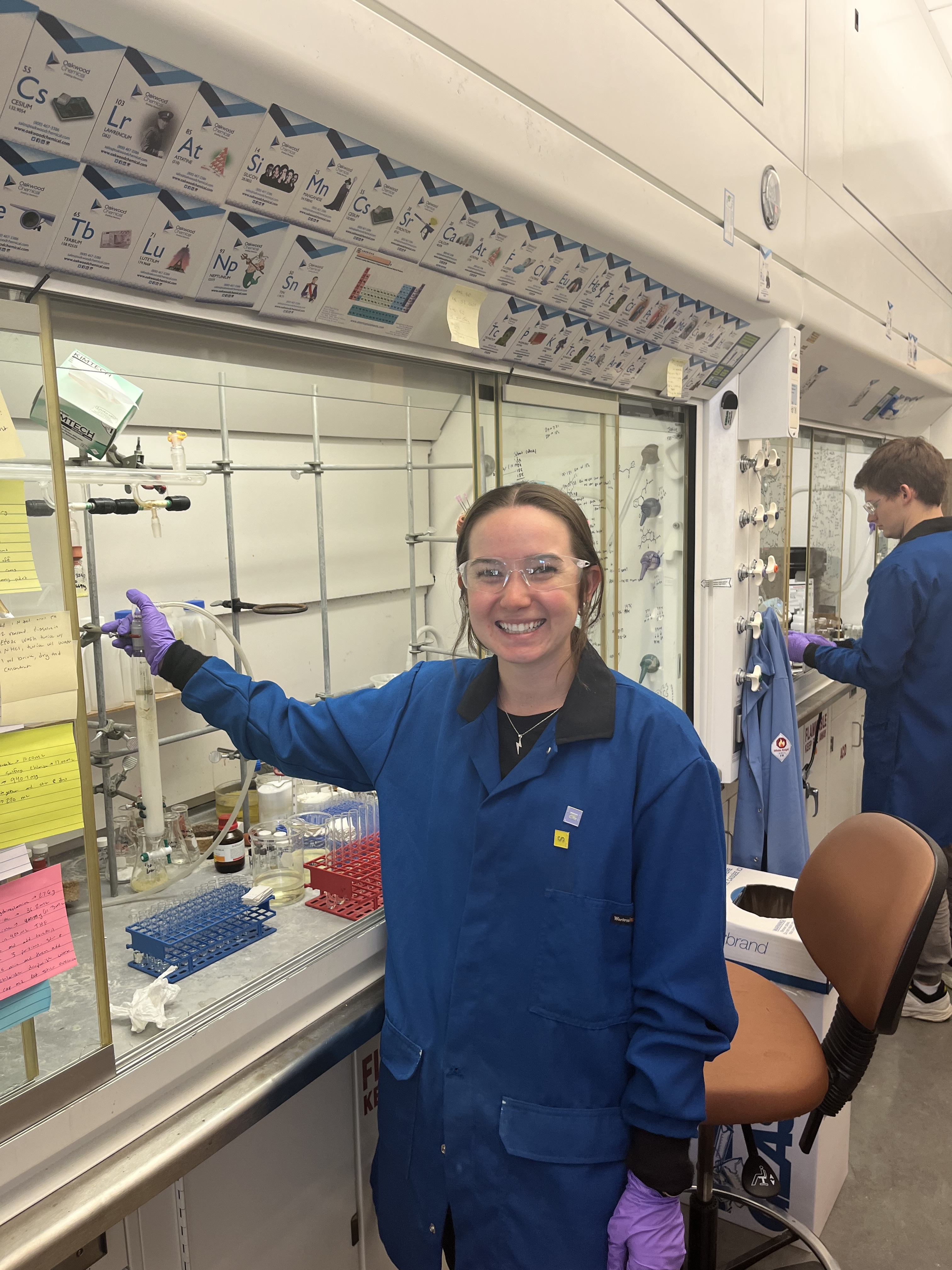
Justine Drappeau, a Ph.D. chemistry student, has become a trailblazer in something called C–H functionalization.

UNC researchers uncovered dozens of per- and polyfluoroalkyl substances (PFAS), including two entirely new compounds, circulating in the blood of alligators.

Chris Killian's story is about the quiet and confident clarity that he has gained from overcoming a serious illness and getting a second chance at living a full life.

First-year Ph.D. student Samantha Bell is investigating the danger of inhaling toxic air from harmful algae blooms.
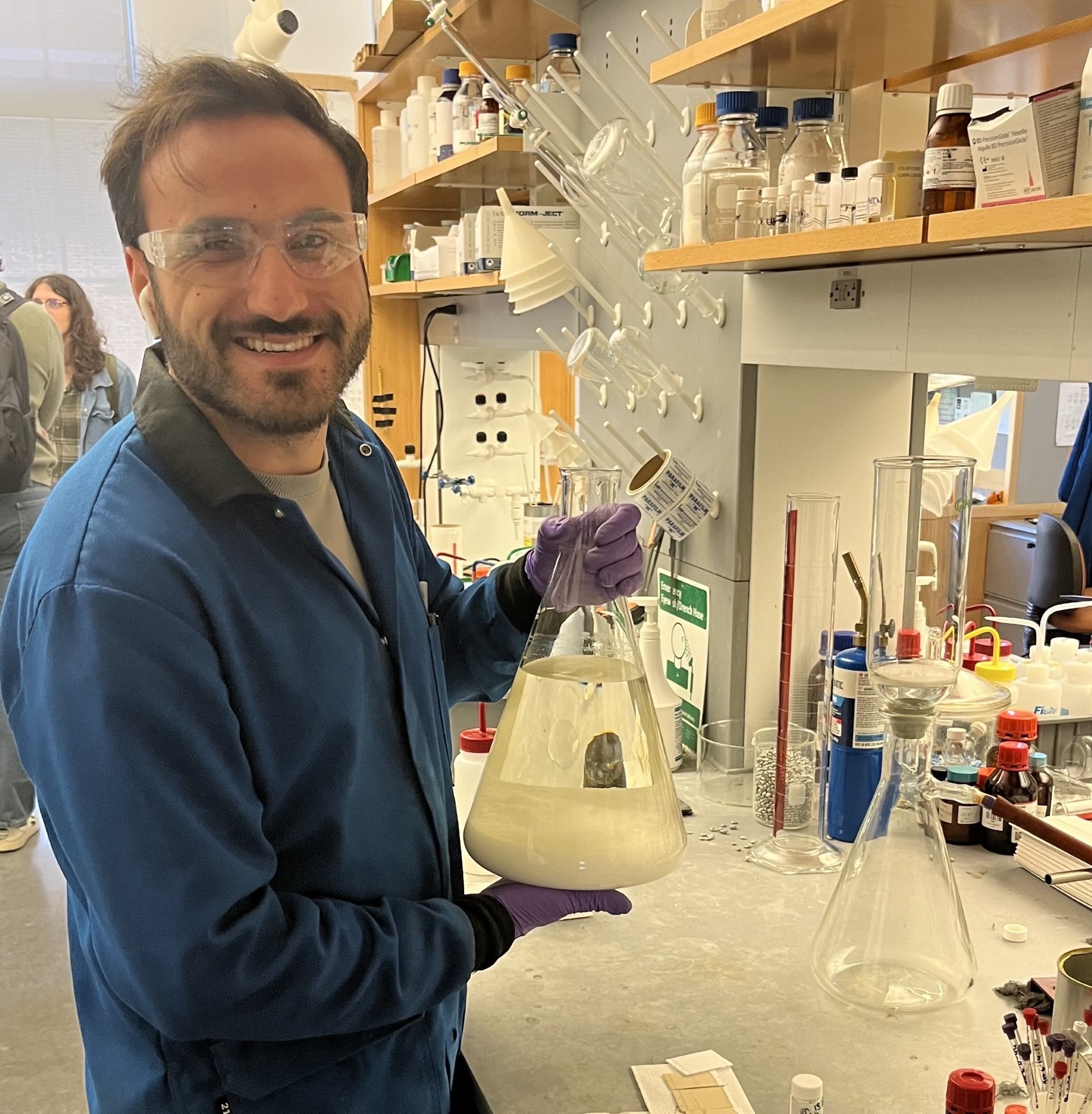
A new light-driven method dramatically simplifies and accelerates the synthesis of stemoamide alkaloids, a class of bioactive compounds found in plants.
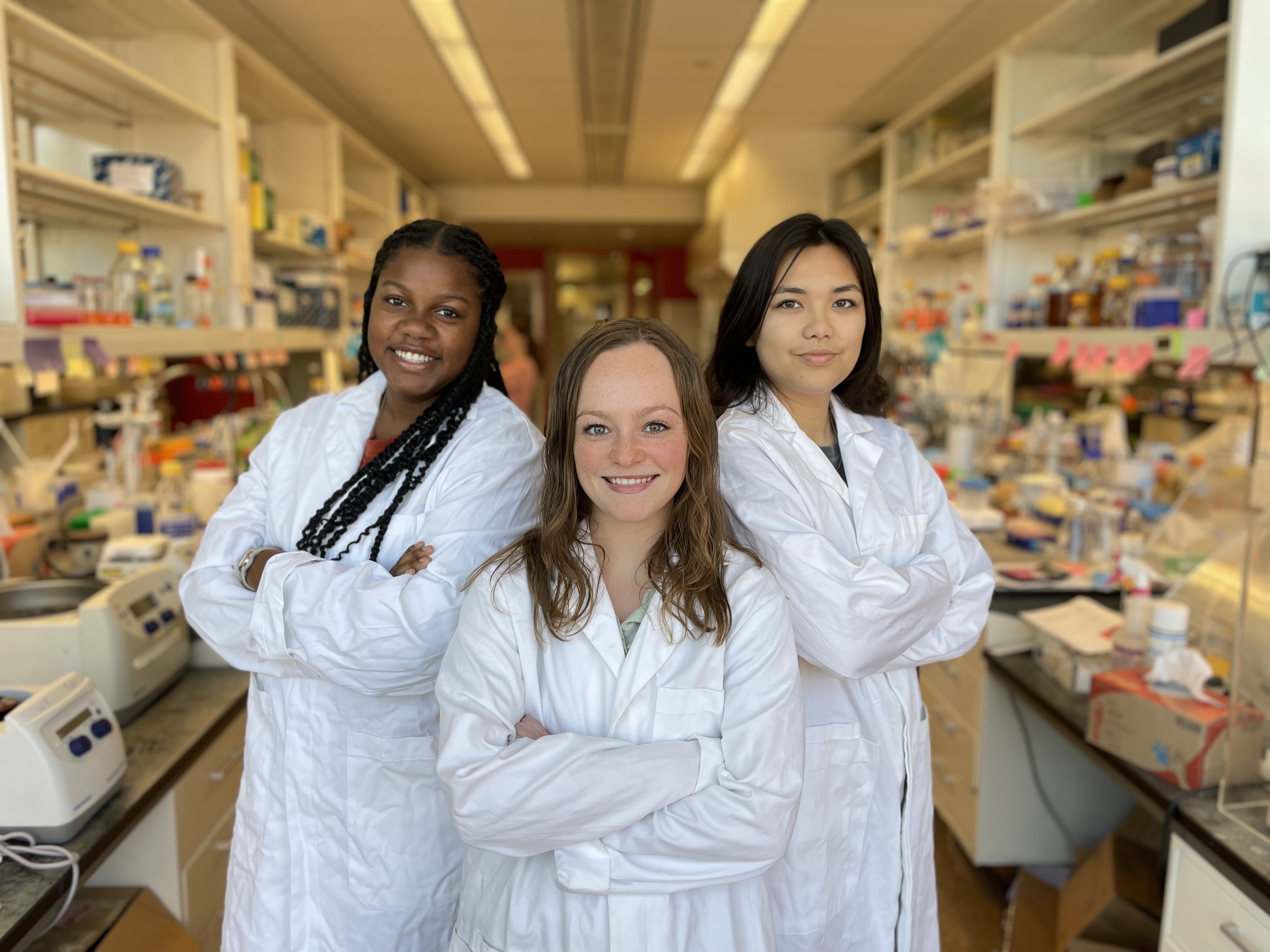
In their study, the UNC team focused on just one kind of protein called GB1, a small, well-studied globular protein often used as a model.


